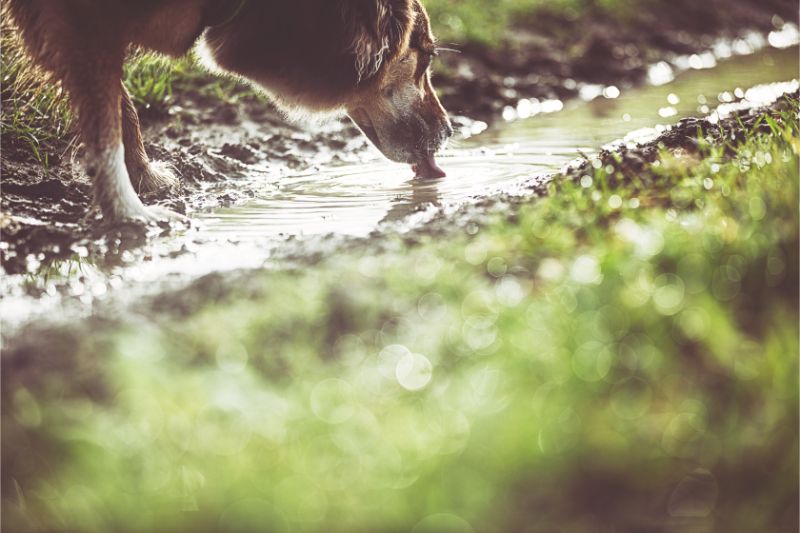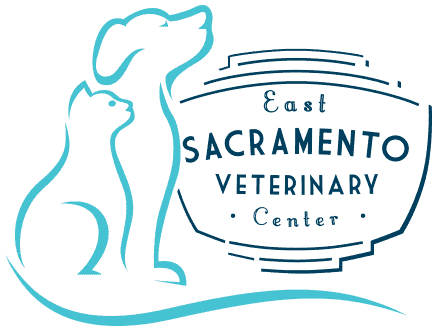Leptospirosis: A Real and Present Threat

Although most dog owners have heard of leptospirosis, and many others make sure their pet is vaccinated against it, the disease remains somewhat of a mystery to many pet owners. This contagious disease that affects both pets and people is on the rise in the United States and Canada, and depending on your pet’s lifestyle, he or she may be at risk.
Understanding leptospirosis, how it’s transmitted, and what you can do to protect your pet, may be an essential part of your dog’s continuing good health and longevity.
Leptospirosis–What is it?
Leptospirosis, sometimes referred to as canine leptospirosis, is found nearly everywhere in the environment, but is most common in warm, wet environments. The bacteria are shed in the urine and feces of infected animals, such as skunks, raccoons, mice, squirrels, and other wildlife. Dogs can pick up leptospirosis through contact with contaminated soil and water.
Leptospirosis attacks the kidneys and liver, but the symptoms can be mild and often mimic other illnesses. An infected pet may experience:
- Vomiting
- Diarrhea
- Fever
- Abdominal pain
- Increased thirst
- Loss of appetite
- Lethargy
In severe cases, pets can experience difficulty breathing, jaundice, bleeding, and abdominal swelling. If you suspect your pet has contracted leptospirosis, give us a call right away as this is a serious disease that can become life-threatening if not treated.
Treatment of Leptospirosis
There is no cure for leptospirosis, so treatment is supportive in nature and may include IV fluid therapy, antibiotics, monitoring organ health, and the prevention or treatment of secondary infections.
Exposure Risks
Leptospirosis can affect cats, but dogs are the most common victims due to their propensity for rolling in the dirt, splashing through streams, drinking from puddles, and endlessly sniffing (and licking) the soil. The more time a dog spends outdoors, especially near lakes or in the woods, the greater their chances of coming into contact with the disease.
Because leptospirosis can be transmitted to other people and pets, you will need to be extra careful to avoid cross contamination if your pet has been infected. Isolate your pet until they are well, and avoid contact with their urine. Make sure to thoroughly clean and disinfect all bedding, bowls, toys, and other items the pet has come into contact with.
Prevention, of Course
As with all illnesses, preventing your pet from contracting leptospirosis is preferable to treating the illness once it has been established. Having your pet vaccinated is the single best way to protect them. The vaccine is available for dogs over 12 weeks old and should be readministered yearly.
Other steps you can take to protect your pet include:
- Don’t let them drink from puddles or other standing water sources.
- Don’t allow your dog to drink from a communal water bowl at a dog park, bring a separate water bowl and fresh water for your dog.
- Adhere to your dog’s annual wellness visits so that we can be sure they are up-to-date on the necessary vaccines.
For more information on leptospirosis, or to schedule an appointment for your pet, don’t hesitate to contact the staff at East Sacramento Veterinary Center.
